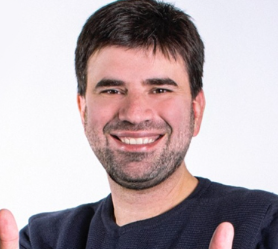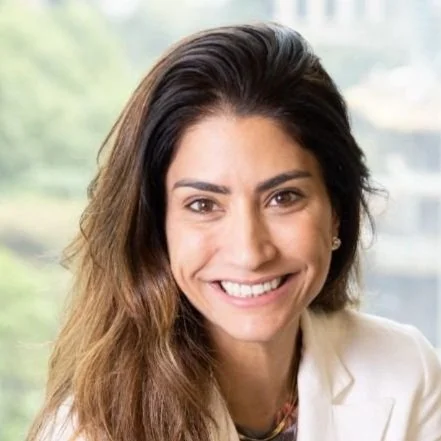Integrating counselling and executive experience to help leaders thrive through Anxiety, Work challenges, and Career transitions.
Where do you need help?
Anxiety
Are you constantly worried that something bad might happen?
We often feel anxious when we fear something we value is at risk, such as our reputation or financial stability.
Learn how to challenge the catastrophic thinking, excessive need for control, and other faulty habits that trigger anxiety to recover your balance.
Work challenges
Struggling with a difficult boss? Feeling stuck in a role? Experiencing burnout?
You don’t have to go through this alone. But finding a safe, non-judgemental space to figure out solutions is sometimes hard.
Wouldn’t it be nice to have a counsellor by your side to help you transform emotions into allies?
Career transitions
Is your job no longer rewarding? Have you reached a plateau, or seem to be going backward?
Many people lack clarity about their strengths when they feel it’s time for a change. This is because our brain is like Teflon for the positive, and Velcro for the negative.
Now imagine if you could build your career and your life around your superpowers?
About me
I am a registered therapist, corporate trainer, and teaching assistant at Melbourne Business School. Along with my 20 years of experience as an executive at Coca-Cola, I have attained an MBA and a Master’s in Positive Psychology, the science of happiness. This has allowed me to integrate my therapy and business knowledge to help individual clients manage anxiety, work-related challenges, and career/life transitions.
My journey in the corporate world allows me to relate to the obstacles many professionals face in different organisations. Therefore, I have devoted my career to helping them live in sync with themselves, their jobs, and the world around them.
By blending cognitive behavioural therapy (CBT), positive psychology interventions, and solutions-focused therapy, I build a therapeutic alliance with clients. This enables them to access their superpowers, values, and motivations to create the life they aspire to. I also work with organisational leaders to improve workplace wellbeing and performance through a strengths-based approach.
Corporate Clients
Book a session or make an enquiry.
After-hours available for your convenience.
What leaders around the world are saying:
FAQs
-
Yes, I offer sessions on:
Mondays-Thursdays: 10am to 8pm
Fridays: 10am to 5pm
Saturdays: 10am to 2pm
-
The sessions are 50 minutes long.
Typically, sessions take place once a fortnight. However, frequency may be adjusted according to the client’s needs.
The number of sessions is not predetermined, as it depends on the client’s goals and progress over time.
-
The sessions are exclusively online via Google Meet. No app download is required. You will receive a link via email or SMS to join from your phone or laptop.
-
No referrals are required to book a session.
-
The sessions are not eligible for Medicare or Private Health Fund rebates.
-
Cognitive Behavioural Therapy (CBT) is one of the tools I may use, depending on the client’s needs. I typically combine different resources from a myriad of therapeutic approaches, such as positive psychology and solutions-focused therapy.
-
Counselling is a talk-based therapy to generate new possibilities for action. It creates a confidential, non-judgemental, and supportive environment where the client can tell their story, work through their emotions, build new skills, and make positive changes.
The counsellor establishes a therapeutic alliance with the client to facilitate their development through a better understanding of who they are, where they want to be, and how to get there.
One of the most important principles in counselling is that the client is the expert in their own lives. This means that counsellors do not provide advice or direct clients to act in certain ways. Instead, counsellors help individuals explore different options and decide what is best for them based on their values, needs, and circumstances.
-
Also known as the “Science of Happiness”, positive psychology studies the conditions that make individuals, communities, and organisations thrive. Rather than concentrating on mental illness or dysfunction, it explores positive emotions, engagement, relationships, meaning, and accomplishment (PERMA model). Through evidence-based practices, positive psychology encourages people to adopt an appreciative mindset. This helps them build on their strengths, enhance life satisfaction, and cultivate a deeper sense of purpose and fulfillment.

















